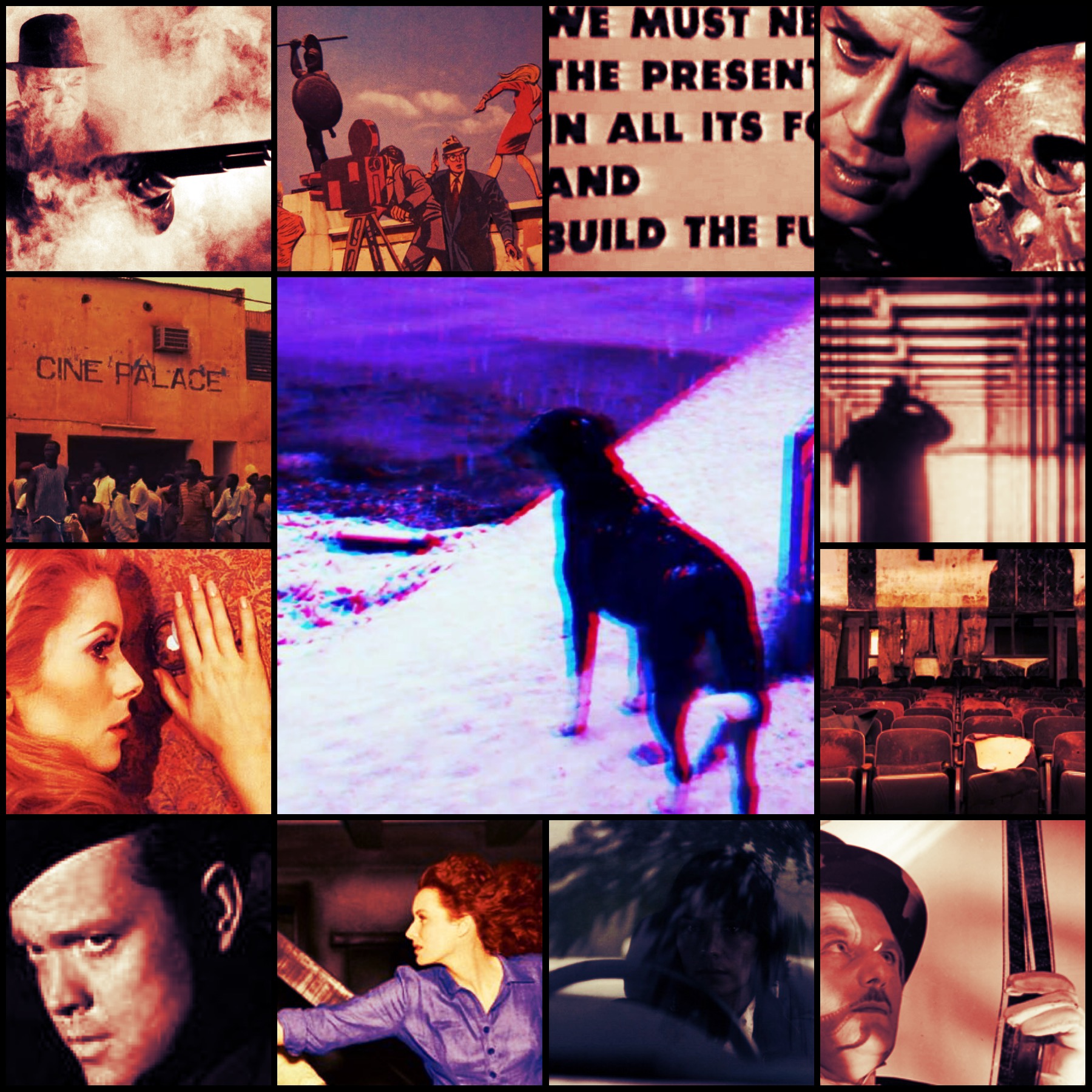Toni D’Angela
I materiali e la poesia in Frank Stella e Hollis Frampton e in Robert Ryman e Paul Sharits
A lungo la pittura è stata idealismo, sublimazione del materiale, trasfigurazione della materia, investimento soggettivo dell’oggettività. La pittura di Ryman è un “making something visible”. Ryman ha detto: “I do something with the paint, but I’m not painting a picture of anything”. Già il Modernismo l’aveva fatta finita con la concezione della pittura come rappresentazione, finestra albertiana attraverso la quale guardare il mondo e leggere narrativamente il suo significato.

